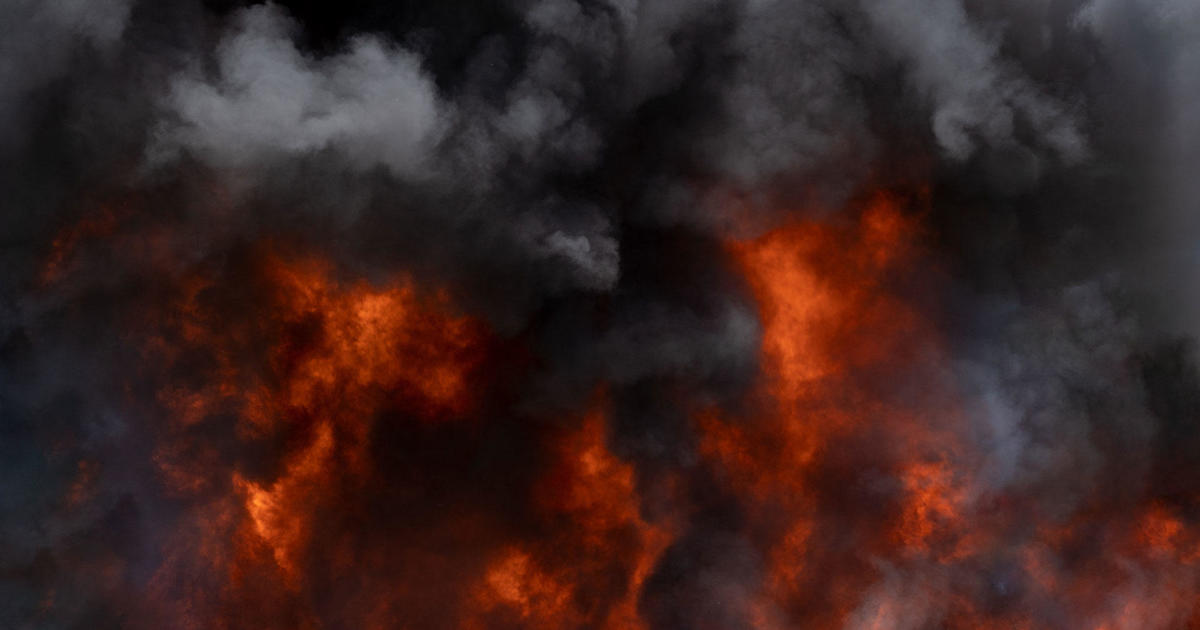MPCA Issues Air Quality Alert For Central, Eastern Minnesota
MINNEAPOLIS (WCCO) -- The Minnesota Pollution Control Agency issued an air quality alert for central and eastern Minnesota until 8 p.m. Friday.
The alert was issued after unusually warm temperatures collided with smoke from wildfires in the west causing unhealthy air in our area.
If you have asthma, COPD, allergies or any other respiratory illness, this is not the time for you to be outside.
Even people who are healthy may feel health effects when air pollution levels rise.
A hazy glow sits over the city of Minneapolis.
The unhealthy air is a result of a couple of things.
"We've had wildfire smoke from the west that's moved in and we've had particulate pollution and then sometimes that will react with the heat and the sunshine that we've had the last couple days," said Daniel Dix.
Environmental Research Scientist Daniel Dix says that smoky air, mixed with unusually warm temperatures create dangerous conditions for some.
"The ozone layer at the upper levels of the atmosphere is good, it protects us from ultraviolet. The lower levels at the surface is bad ozone and that's what gets into your lungs and causes issues," Dix said.
Asthma and Allergy Doctor Nancy Ott says even if you are relatively healthy the unhealthy air can impact your health.
Dr. Ott says until the alert is lifted, people, unhealthy or healthy, should not be heading outside to run after work.
"I would not be exercising outside today. If they want to exercise go to a gym where there is air conditioning," said Dr. Nancy Ott.
There are things you can do to help the situation.
Highway message boards across the state ask people not to fill up their tanks until after dusk.
"The gasoline vapors are volatile organic compounds and those react to sunlight to create ozone. So the more you can reduce that, filling up your tank, is less energy, less particulates and pollutants for the sunshine to react with," Dix said.
You can also limit your driving or take public transportation to help reduce emissions.
Postponing indoor and outdoor recreational fires also helps.
So does turning off as many electric items as possible, it reduces the demand on power plants.
Dr. Ott says if you experience chest pain, shortness of breath, wheezing, coughing or fatigue, contact your doctor.
The good news is rain is in the forecast, rain that will help cut down on the sunlight and production of ozone and that unhealthy air.



